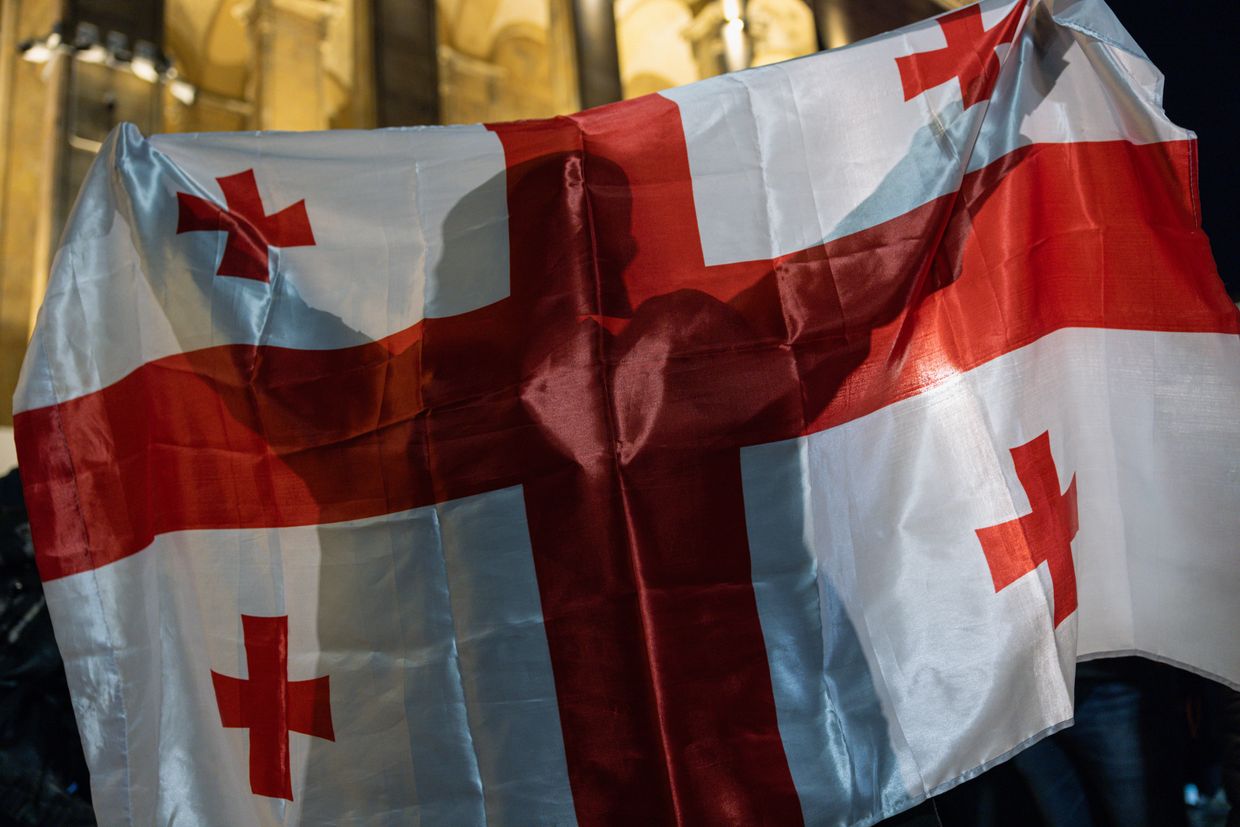
Editor’s note: The article has been updated with the reported number of detained during a police crackdown.
Georgian police dispersed a protest in Tbilisi demanding new elections on the eve of Nov. 18, but organizers promised a quick resumption elsewhere.
The protests came as part of the pro-EU opposition’s refusal to recognize the electoral victory claimed by the ruling Georgian Dream party, which has close ties to Russia. The disputed results have triggered large-scale protests in Tbilisi.
“We will liberate this country from them without using force. This is Georgia, this is Europe, this is not Russia. How long should we educate freedom-loving people? It will never end, it has not ended for thousands of years, and it will not end even now,” Nika Melia, one of the opposition leaders, was quoted as saying by News Georgia.
Protesters occupied a busy junction of downtown Tbilisi on Nov. 17 with tents, but the police dispersed them a day later, citing an insufficient number of protesters. Footage of the intervention shows police officers violently dispersing the crowds, demolishing the camp, and detaining several participants.
Sixteen people, including a cameraman, had been detained, three of whom had already been released. Opposition activists and opposition leaders accused the authorities of using excessive force, Radio Free Europe/Radio Liberty’s Georgian service reported.
“A representative of the Interior Ministry previously warned the political leaders about the planned measures. He urged them to leave the territory, justifying the demand by the fact that there were not enough demonstrators to block the road,” Georgia’s Interior Ministry was quoted as saying by Interfax Ukraine in a statement.
Official election results showed Georgian Dream securing nearly 54% of the vote, but opposition leaders and international observers have highlighted widespread allegations of intimidation, ballot-stuffing, and vote-buying.
Georgian Dream has faced accusations of democratic backsliding and steering the South Caucasus country closer to the Kremlin. Earlier this year, the controversial “foreign agents” law sparked mass protests and violent crackdowns by police.
Following the election, the European Commission announced the suspension of Georgia’s EU accession process, highlighting the growing rift between Tbilisi and the West.